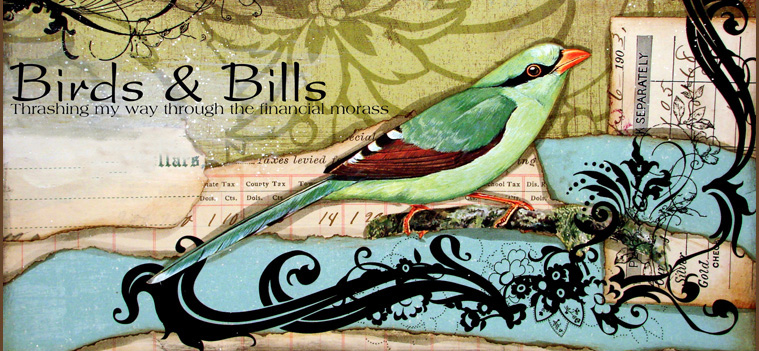Like many people these days, I deal with actual paper checks rarely. I write one a month for my rent, cash one perhaps every few months, and deal with all the rest of my financial matters (paycheck deposits, bill paying, etc) electronically.
Those electronic transactions come with elaborate consumer safeguards. As many times as I've had my accounts used fraudulently, I've never been personally libel for any of the losses. Not so with checks. If a check you deposit bounces, you eat the loss. Here's the not-so-well-known catch: A check can bounce long after the bank has cleared it and released the funds.
That's the foundation for a nasty scam that seems to be picking up steam. The Washington Post wrote about it recently in "Banks Honor Bogus Checks and Scam Victims Pay," and a friend got targeted this week through a resume he has posted on Monster.
Here's the basics of how it works. The scammer makes contact and arranges to send you checks, with the understanding that you'll cash a large check and then wire a percentage of it -- minus a generous fee/commission for you, of course -- back to him or another party. Online job boards seem to be a breeding ground for this. From the WashPost piece:
In February, about a year after Gaston had posted her résumé on a job-search Web site, she received an e-mail about a part-time opportunity: to work as a courier for money for an international charity that builds homes for people in disaster areas. Her assignment was to deposit local donations into her own bank account, wait for the checks to clear and then wire the money to another address. She was told she would be paid 7 percent of every donation check, with a guarantee of $500 the first week on the job.
The phishing email my friend received proposed a job as "transfer manager."
The task of the Transfer Manager is to process payments between our clients and our company via checks, bank wire transfers,Money Orders. ... It’s a commission based position. You will get about 8% of each processed payment.
The trick is that banks are required by law to clear checks within a day or two of deposit. That's too short a timeframe for them to actually pull funds from the check-writer's account and guarantee the transaction's authenticity. So, banks will clear funds and make them available in your account -- but if the check later proves fraudulent, the bank will return crying fraud and yank the money right back out of your account.
In the scam, it's too late at the point. The victim has already sent much of the 'cleared' cash back to the scammer, leaving them holding the bag for the loss.
Even certified checks are subject to this authenticity-verification delay. The only safe practise seems to be refusing checks from those you don't have a trusted relationship with. If you absolutely must take a check from an unknown party, don't release the funds for several weeks, until there's been plenty of time for the transfer to be proven genuine.

|